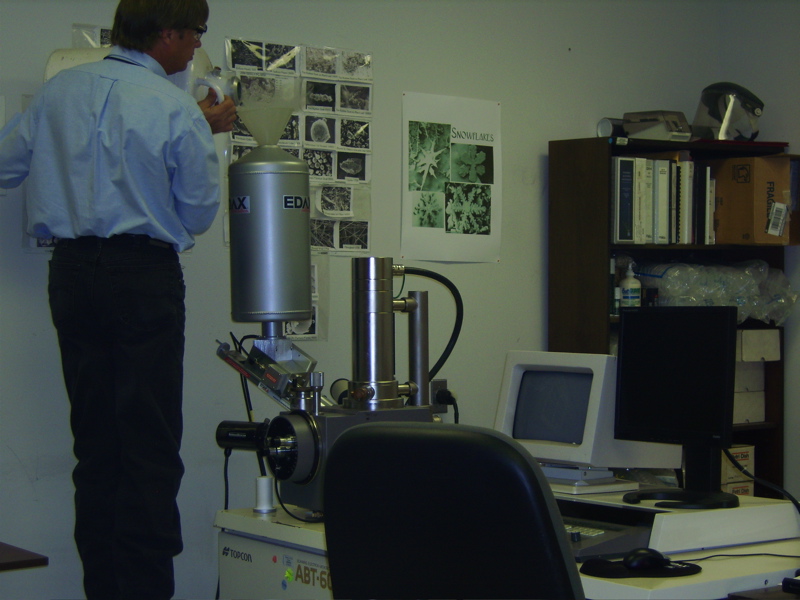60% of trips made by cars are less than 5 miles while 25% are less than 2 miles. In some areas as high as 71% of trips by cars are under 5 miles and 43% are less than 2. All these journeys would have been walked or cycled previous to the 1950s when car ownership became popular. Is it any wonder there is an ongoing obesity and congestion problem in towns?
Some journeys by car could indeed be done by foot or cycle. I choose to walk or cycle when I can for short journeys. However, some people actually have to transport heavy/valuable items or are unable to go on foot or by bike (e.g. disabled, elderly). To say that all these journeys would have been walked or cycled prior to the 1950s perhaps shows your overeliance on statistics and an ignorance of reality, my friend. It was also safer to walk or cycle in the '50s, because the reality or fear of crime was far less. As for obesity, it has nothing to do with transport choices and everything to do with diet. Congestion has more to do with poor council planning and their anti-car schemes - traffic volumes have not increased markedly.
It is myth that all trips generate GDP or contribute in some way to the wellbeing of society. While no one can deny that car travel has increased people’s liberty and mobility this has come at social cost. A little less car use might actually be beneficial, but the point is when you start looking at the figures of fuel consumption you soon begin to realise that is it a tall order to replace the fuel used by these vehicles by some other means. I’d be delighted if someone could come up with a sensible and sustainable plan to fuel increasing car usage and other heavy oil use (Eg airlines) but so far there is very little, if any evidence that this could be done, certainly in the timeframes being talked about, if at all.
All trips benefit Treasury coffers, but of course that money is wasted by New Labour on hair brained schemes and on transporting govt officials round by, ahem, car. How can you say that liberty and mobility have come at a cost - what cost exactly? Apart from the increasing cost to the individual to maintain liberty and mobility... As for 'sustainability' (if ever a word was overused, that's it!), where there's a genuine will, there's a way and technology advancements hold the key. Of course, some people (e.g. socialists masquerading as environmentalists) will try to make out there's no way forward for modern transport, simply because they have a quasi-Luddite agenda which involves restricting freedom of movement...
As for population reduction, what do you suggest, shooting Chinese people in order for you to visit the supermarket by car instead of walking? I guess I’m not alone in finding that entirely unacceptable.
I'm sorry, did I actually write that? No - and you're an idiot for typing it.
Your arguments hardly marry up very well, do they. On the one hand, you say there are too many cars for the resources we have available. On the other hand, there can never be too many people... Hardly very consistent, is it?
We must recognise that poverty and depletion of the world's resources hardly fit in with continued overpopulation (often in poor countries with fewer resources and even less money). Tackling overpopulation doesn't involve some Mugabe-like regime, you know...
One last request - think about the logic behind your arguments before you type.
Roger









